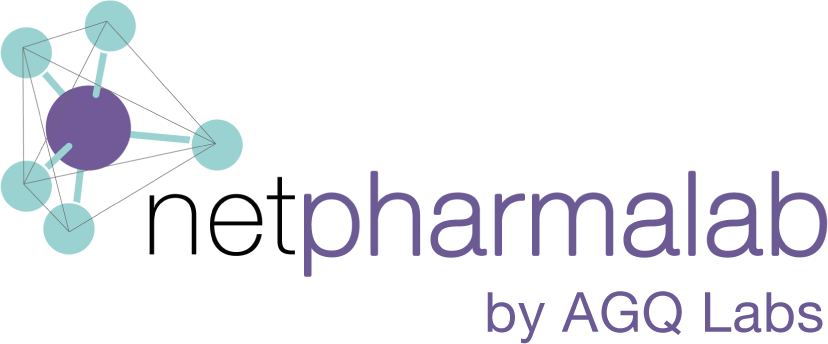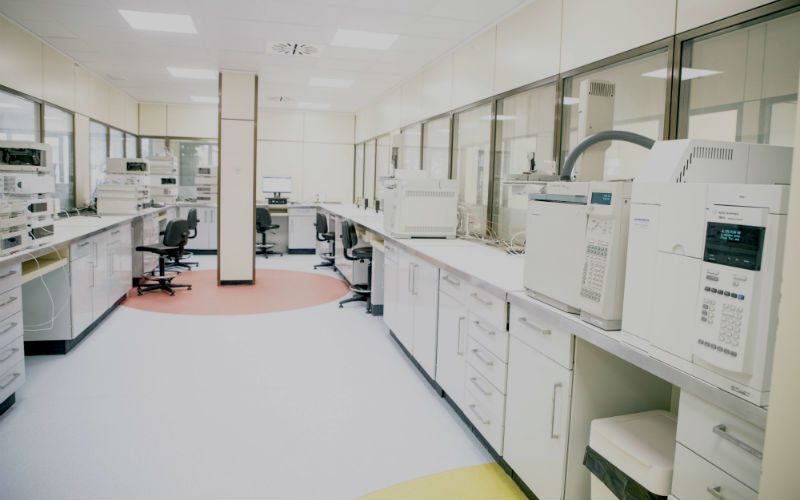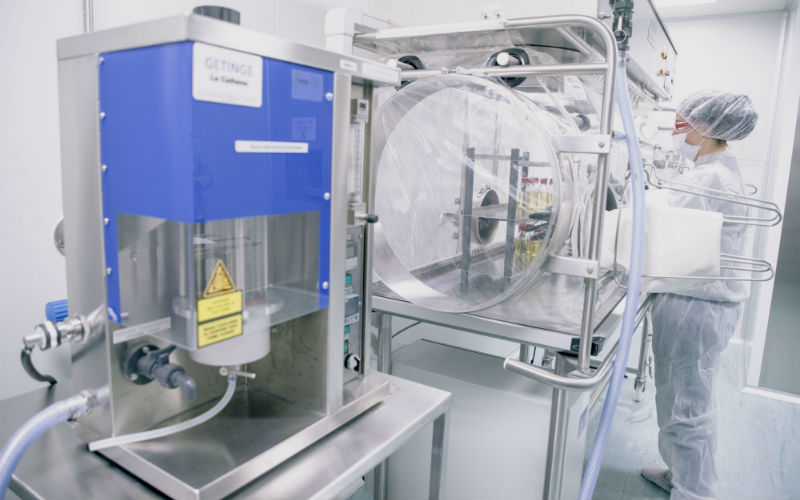To guarantee the quality of the pharmaceutical product, it is necessary to control the presence of impurities, coming from the synthesis or degradation processes of the API or the finished product. The identification of impurities, the toxicological qualification of those that exceed their specification and the development of analytical methods are the tools available to control the presence of impurities and ensure the efficacy and safety of the pharmaceutical product. Organic impurities can come from the synthesis processes (including starting materials, sub-products and intermediates of reaction) and also from the degradation of the API or the drug product itself. In this case, the number and structural variability of organic impurities is unlimited and their toxicity generally unknown.
Following the decision tree of the ICH guides Q3A and Q3B, when an organic impurity reaches or exceeds the level of qualification, the manufacturer must justify the toxicity of the product. In addition, depending on the toxicological profile thereof, the definition of an impurity control strategy may be necessary, through the development of specific analytical methods based on liquid or gas chromatography and mass spectroscopy.
What Netpharmalab offers to you…
At Netpharmalab and DALIA GLOBAL SERVICES, we work together in the identification and quantification of organic impurities and in the development and validation of analytical methods.







